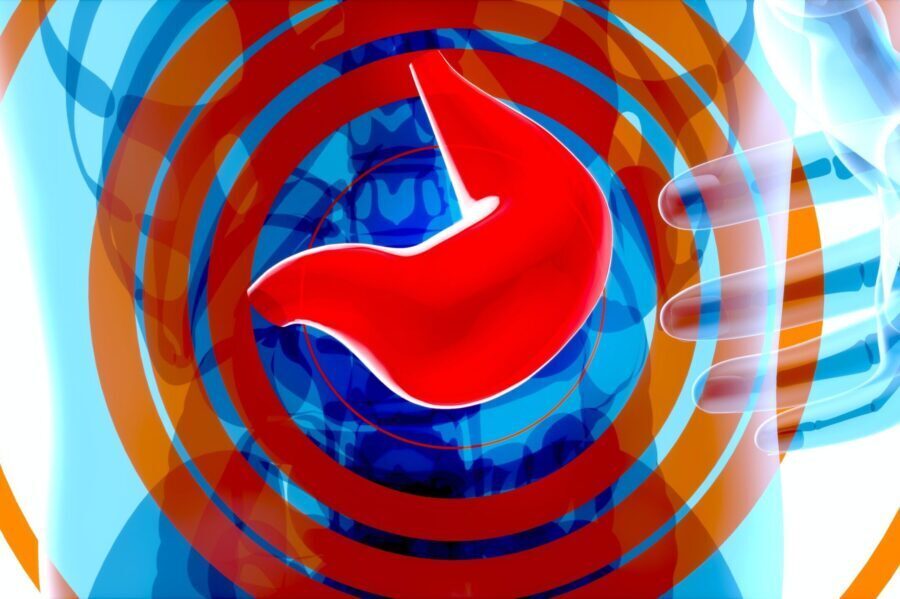Gut Bacteria Help Fight Depression?
Gut bacteria can do ‘what’ now?
According to research by the University of Basel and the University Psychiatric Clinics Basel (UPK) reported in ScienceDaily.com, intestinal flora plays a key role in mental health. Researchers have shown that “probiotics can support the effect of antidepressants and help to alleviate depression.”
A new focus of research to improve depression treatments is the microbiome-gut-brain axis. The microbiome refers to all the microorganisms that live on or within the human body, including bacteria in the intestines. These bacteria produce metabolic products which can influence the human nervous system.
What was already known: Intestinal flora influences the psyche
It has been established in earlier studies that patients suffering from depression have an above-average prevalence of intestinal and digestive problems. In one study, “If the intestinal flora of people with depression is implanted in mice raised in sterile conditions — that is, with no intestinal flora — then the animals also develop depressive-like behavior.” They appear lethargic and show little interest in their surroundings, a.k.a depressive behavior. As a result, researchers “suspect that the composition of the bacterial community in the gut plays an important role in depressive symptoms.”
What the new research showed
In the new study, the research team led by Dr. André Schmidt and Professor Undine Lang investigated the effect of probiotics on 47 patients with depression. Along with antidepressants, roughly half were given probiotics, and the other half a placebo for 31 days. It was a double-blind study – neither the patients nor the research staff knew which patients received probiotics.
Research data were taken at the start of the trial, at the end of 31 days, and again at the two-month mark. Data showed that “although depressive symptoms decreased in all participants thanks to the general antidepressant treatment, there was a greater improvement in the subjects in the probiotic group than in the placebo group.”
Further, in the probiotic group, the composition of their intestinal flora changed during the first month of treatment. Stool samples showed an increase in lactic acid bacteria in those who had taken probiotics – which was accompanied by reduced depression symptoms. The change appeared temporary, however, and did not last at the two-month mark. Researchers suspect four weeks of probiotics were simply not long enough to permanently change the gut biome.
Change in the processing of emotional stimuli
Another interesting side effect was seen in how depressed brains process emotion. Functional magnetic resonance imaging (fMRI) was used to measure brain function. In depressed individuals, “certain brain regions for emotional processing behave differently than in individuals with good mental health. After four weeks of prebiotics, this brain activity normalized in the probiotic group but not in the placebo group.”
Researchers were sure to emphasize that probiotics are not a substitute for antidepressants but a complement to them. But they were encouraged by their results and are keen to follow up on their work to determine exactly which bacteria are most helpful in enhancing depression treatments.
Read the full article here.
Photo by Julien Tromeur on Unsplash



